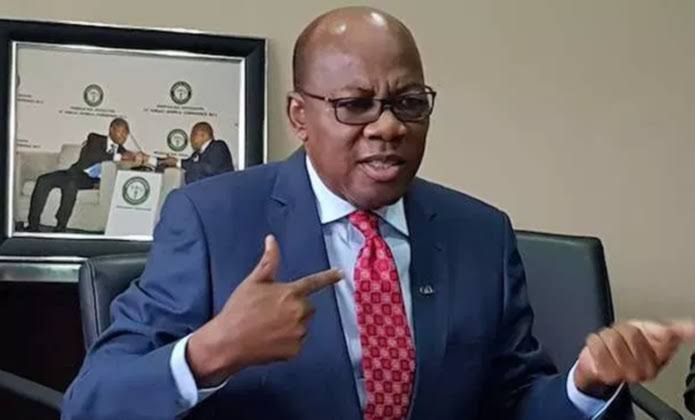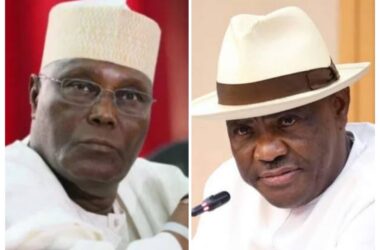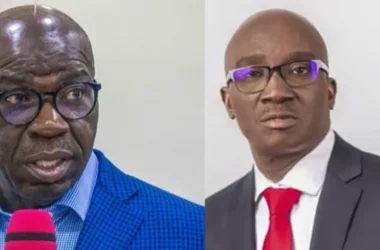Dr. Olisa Agbakoba, a Senior Advocate of Nigeria and former President of the Nigerian Bar Association, has voiced his concerns over the ongoing push for the creation of new states in the South-East region of Nigeria.
Agbakoba, in a recent interview with the News Agency of Nigeria, staunchly argued that simply increasing the number of states would not address the core issues faced by the region.
The debate was spurred by a bill in the House of Representatives proposing the establishment of Etiti State from Abia, Anambra, Ebonyi, Enugu, and Imo states. Supporters of the bill, including legislators like Godwin Ogah and Miriam Onuoha, contended that this move would promote regional development and governance efficiency.
However, Agbakoba countered that viewpoint, emphasizing that the economic viability of many existing states is already in question.
He said, “This agitation will arise because it is on the basis of the number of states that federal allocation flows.
“So the fact that the South-East has five states means to them that they are losing revenue and that is a one point of view and also an emotional point of their agitation.
“However, a pragmatic developmental point of view, which I go for, is that even if you create a sixth state in the South-East to give them a sense of belonging, will this new state in addition to the 36 states take us towards the path of development?
“Will it reverse the hunger, insecurity, poverty and unemployment in the land? Absolutely not.
“We need to do away from state creation to regional system of government.”
Highlighting the historical success of regional governance under leaders like Chief Obafemi Awolowo and Chief Michael Okpara, Agbakoba suggested a return to regionalism as a more viable option.
He proposed restructuring Nigeria into six to eight regions or geopolitical zones, each with its own leadership, arguing that this would streamline governance and reduce the current burden of administrative costs.
“Most of the existing 36 states are economically unsustainable,” Agbakoba pointed out, “and increasing their number would only exacerbate the financial strain on the country, particularly at a time of economic hardship.”
He called on the National Assembly to consider amending the constitution or drafting a new one to accommodate this restructuring, noting that the current constitutional framework is outdated and no longer reflective of Nigeria’s modern challenges and realities.









